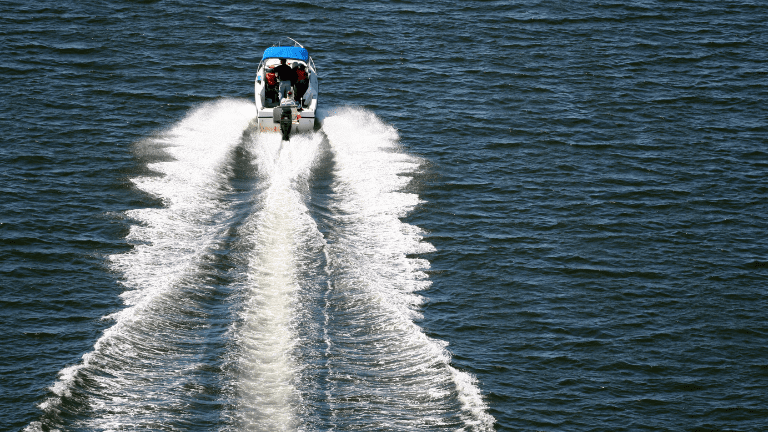Home > Practice Areas > Maritime Injuries
Maritime Injuries
A seaman’s personal injuries claims under maritime law can be more complex than other personal injury actions for damages. All injuries on board a vessel are not dealt with by the same yardstick by the Admiralty courts. Although maritime law imposes a greater degree of care on a ship owner towards their crew, only negligence on the ship owner’s part entitles a seaman to receive compensation for those injuries.
If you have been involved in a maritime injury, please call or email our attorneys for a free consultation.
Who Qualifies as a Seamen?
Seamen, as wards of Admiralty courts, are afforded special protection from the hazards of life at sea as a matter of public policy. The Jones Act defines a seaman as every person who is employed or engaged to serve on board a vessel.
What legal Remedies can an Injured Seaman Seek?
Whenever a seaman gets injured while on board a ship, there are three kinds of legal remedies to which he or she can take recourse:
- Maintenance. If a seaman becomes sick or injured in service of a vessel, he can file an action for maintenance and cure wherein a seaman seeks wages plus reimbursement for medicine, treatment, and other expenses relating to injury.
- Unseaworthiness. A seaman can bring an unseaworthiness action for injuries that resulted from ship owner’s breach of duty to provide a seaworthy vessel. A seaman is entitled to damages for injuries they have suffered due to the unseaworthiness of the ship.
- The Jones Act. A seaman can file a negligence action under the Jones Act. The Jones Act provides a seaman with the opportunity to seek damages for any and all claims of negligence.
What should I do if I've Been Injured at Sea?
If injured at sea or on the water, contact GLP Attorneys for a free lawyer consultation. If you have a maritime or boating injury case, please call 800.273.5005, or email our attorneys at attorneys@glpattorneys.com to schedule your free consultation with an attorney.

Traditionally, "maintenance" meant food and quarters of the kind enjoyed by a seaman before the disability, and cure meant proper care if they remained on board.
In modern usage, “maintenance” of a seaman during the period of a ship owner’s liability refers to a seaman’s right to reimbursement for their actual costs for food and lodging comparable to those which they were entitled at sea, and “cure” is care (including nursing and medical attention) during that period.
In other words, if a seaman is injured while on board a vessel, the ship owner should ensure that the injured seaman is care of -- and must reimburse the injured seaman for all the costs they have incurred during the time that they were injured.
The Unseaworthiness Doctrine provides seaman protection from dangerous conditions beyond their control by shifting the risk to the ship owner. The basic premise of this claim is that a ship owner has duty at commencement of the voyage to furnish their employees with a vessel that is seaworthy in itself, and also as respects its appurtenances and appliances.
A seaman can file an action for any injury caused to them due to its seaworthiness.
The Jones Act provides an expansive remedy for seaman. The policy behind that remedy mandates that even marginal claims are properly left for a jury’s determination. Coverage under the Jones Act, like the jurisdiction of admiralty over claims for maintenance and cure, depends not on the place where the injury is inflicted, but rather on the nature of the service and its relationship to the operation of the vessel plying in navigable waters.
The Jones Act contains a liberal causation requirement that entitles a seaman to recover if negligence chargeable to their employer played any part in producing the seaman’s injury. The Jones Act does not overturn or eliminate pre-existing remedies available to seamen. Rather, it preserves common law causes action.
Put simply, any and all negligence claims made by a seaman fall under the Jones Act.
Successful Cases
$800,000
$700,000
$1 Million
$1 Million
$1 Million
$1 Million
$3 Million
$1.1 Million
If you have been involved in a maritime injury or accident, please call or email our attorneys for a free consultation



